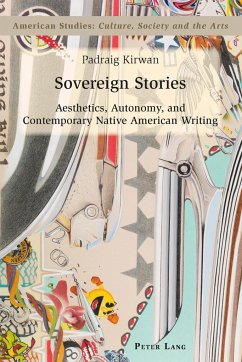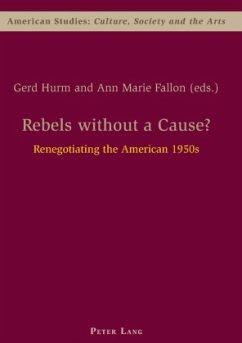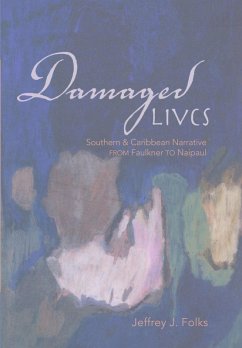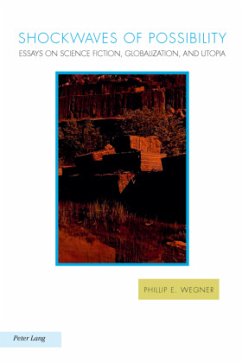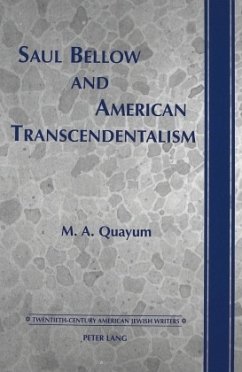
Logics of Separation
Exile and Transcendence in Aesthetic Modernity
Versandkostenfrei!
Versandfertig in 6-10 Tagen
73,25 €
inkl. MwSt.

PAYBACK Punkte
0 °P sammeln!
This book is made up of a set of innovative close readings and meditations on the significance of the modes and logics of separation in the thinking of aesthetic modernity. Separation is defined in Hegelian and psychoanalytic terms as psychic processes in the formation of identity that necessarily entail self-division and estrangement in the emergence of subjectivity and social identity. This phenomenon, called subjection, has been at the core of psychoanalytic readings since the work of Melanie Klein. The works under consideration in the volume include material by W.E.B. Du Bois, Frantz Fanon...
This book is made up of a set of innovative close readings and meditations on the significance of the modes and logics of separation in the thinking of aesthetic modernity. Separation is defined in Hegelian and psychoanalytic terms as psychic processes in the formation of identity that necessarily entail self-division and estrangement in the emergence of subjectivity and social identity. This phenomenon, called subjection, has been at the core of psychoanalytic readings since the work of Melanie Klein.
The works under consideration in the volume include material by W.E.B. Du Bois, Frantz Fanon, C.L.R. James, Ralph Ellison, Theresa Hak Kyung Cha, and Paul Celan, as well as the sorrow songs/Negro Spirituals. In each case the moment of passivity and modes of separation are approached as sites of inescapable conflict. The varying psychic, ethical, and political tensions underwriting this experience are examined in detail for each case study.
The works under consideration in the volume include material by W.E.B. Du Bois, Frantz Fanon, C.L.R. James, Ralph Ellison, Theresa Hak Kyung Cha, and Paul Celan, as well as the sorrow songs/Negro Spirituals. In each case the moment of passivity and modes of separation are approached as sites of inescapable conflict. The varying psychic, ethical, and political tensions underwriting this experience are examined in detail for each case study.







